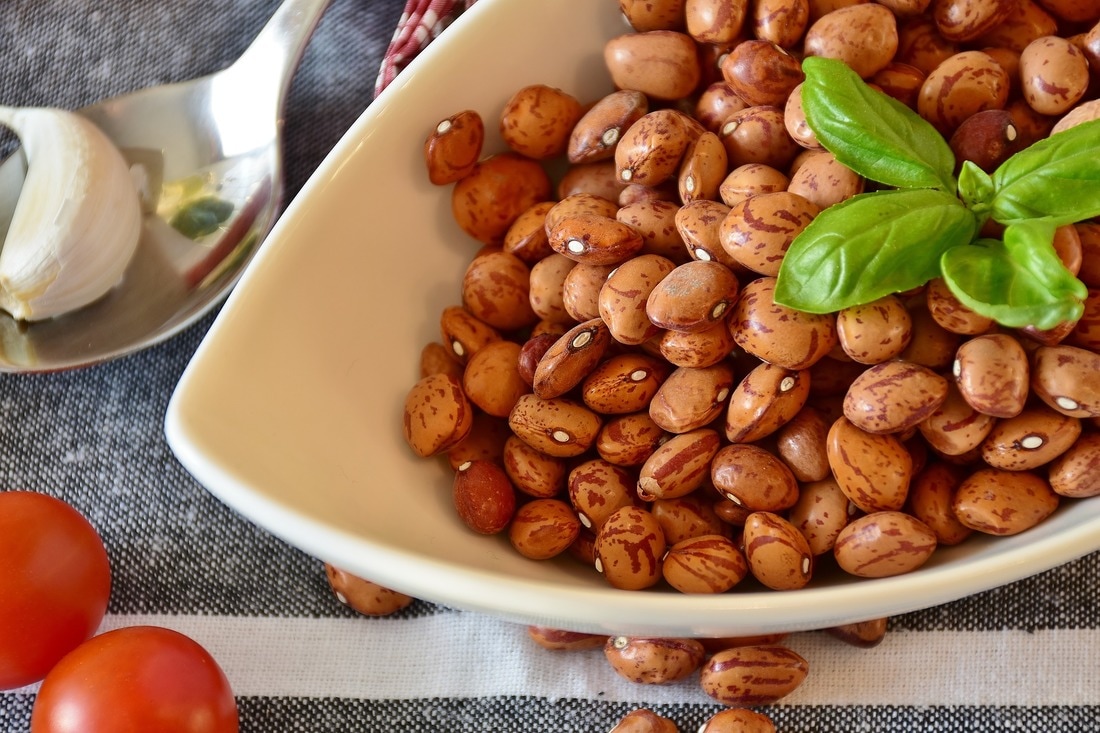|
There won’t be enough food to feed the world’s population by 2050, according to CB Insights' Feeding the Future report. A 69% increase in food calories is needed to feed 9.6 billion people by 2050.
Also read, Food innovators consider beef grown in a laboratory and other protein options. On top of projected population growth outpacing the food supply, global warming, potential farm labor shortages and large amounts of wasted food are also contributing to a food shortage. Food manufacturers must embrace change now — new processes and new protein sources — to ensure that there is adequate food to feed the world’s growing population in the coming decades. Increasingly this means incorporating plants, algae, insects and other non-animal sources into food production processes as a replacement for meat-based proteins. While eating algae and insects may sound a bit out of this world, consumers are increasingly accepting of plant-based foods and other alternative protein sources to provide health benefits with less impact on the environment. Today, a growing roster of food startups is cropping up to satisfy consumer demand and fill the anticipated protein gap. Consumers can now get a plant-based “hamburger” with the texture and taste of one made from meat from Impossible Foods and Beyond Meat. There are also local “butchers” who handcraft a variety of meat substitutes. And with the development of up-and-coming ingredients like soy and pea protein, as well as hemp and rapeseed, the market will keep evolving. You can bet major food manufacturers are monitoring these moves and trends closely too. Last year, Tyson Foods acquired a 5% stake in Beyond Meat and launched a venture capital arm to focus its investments on technologies, business models and products that contribute to sustainability of the food supply. It’s not too far-fetched to think that the world may run so low on resources someday that products like Soylent — a which provide nutrition to those who don’t want to eat meals through drinks and bars — are more widely consumed because of their low environmental impact. The companies products were originally intended to deal with “inefficiencies” in the food chain. Fortunately, with the explosive level of scientific discovery and food innovation taking place today, the world shouldn't have to resort to a drinkable meal replacement diet. SOURCE Sandy Skrovan, Food Dive
0 Comments
Leave a Reply. |
Advertisement
News & Updates
Stay informed with the latest news around foodservice, agriculture and other related food news. Advertisement Opportunities
|


 RSS Feed
RSS Feed


